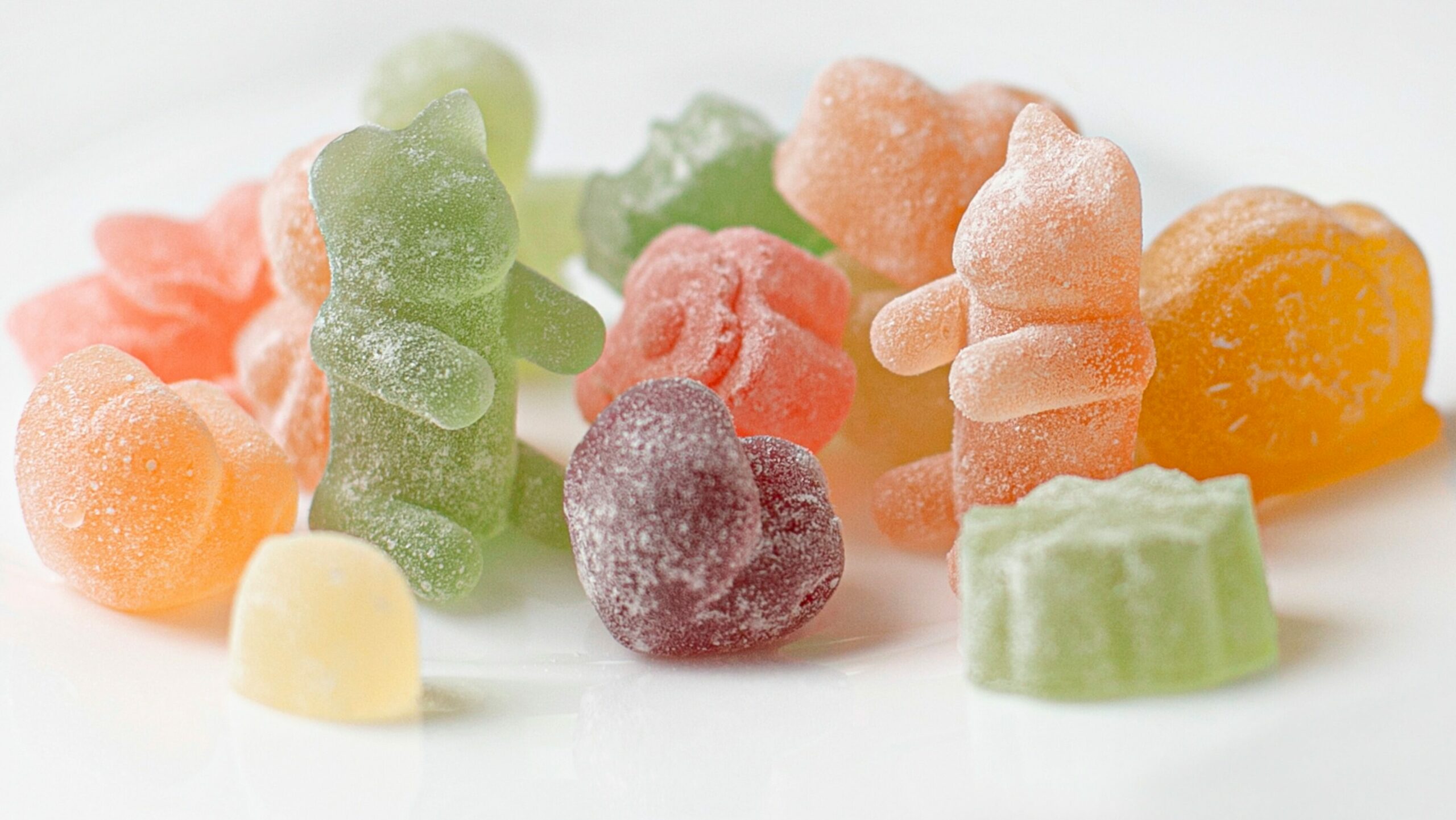Jell-O, also known as gelatin, is a popular dessert made from animal-derived collagen that is dissolved in water and then allowed to set, forming a gel-like consistency. It is commonly flavored and sweetened, and it is often enjoyed as a treat or used in recipes for salads, desserts, and other dishes. While Jell-O is not typically considered a direct source of fiber or nutrients that specifically promote bowel movements, it can have some potential benefits for digestion and gut health.

One of the main components of Jell-O is gelatin, which is derived from collagen, a protein found in the connective tissues of animals. Gelatin is composed of amino acids, which are the building blocks of proteins, and it has been shown to have some potential benefits for gut health. For example, gelatin has been reported to improve digestion by promoting the production of gastric juices and supporting the integrity of the gut lining. It may also help to soothe and protect the lining of the gastrointestinal tract, potentially reducing inflammation and supporting a healthy gut environment.
Furthermore, Jell-O is a source of water, as it is made by dissolving gelatin in water and allowing it to set. Adequate hydration is essential for maintaining regular bowel movements and preventing constipation. Water helps to soften the stool, making it easier to pass through the intestines and preventing stool from becoming dry and hard, which can contribute to constipation. Consuming Jell-O, which contains water, may help to hydrate the body and support healthy bowel movements, particularly if one is not consuming enough fluids from other sources.
It’s worth noting that Jell-O is not a significant source of dietary fiber, which is a type of carbohydrate that is not digested by the body and passes through the gut largely intact. Dietary fiber is known to play a crucial role in maintaining regular bowel movements by adding bulk to the stool and promoting healthy bowel motility. While Jell-O may contain small amounts of fiber from fruit pieces or other additives, it is not a significant source of fiber compared to other foods such as fruits, vegetables, whole grains, legumes, and nuts.
The impact of Jell-O on bowel movements may also depend on other factors, such as an individual’s overall diet, lifestyle, and health status. For example, a person who consumes a diet rich in fiber, fluids, and other nutrients, along with regular physical activity, is more likely to have regular bowel movements, even if they consume Jell-O occasionally. On the other hand, a person who has a diet low in fiber, fluids, and other nutrients, along with a sedentary lifestyle, may still experience constipation even if they consume Jell-O regularly.
It’s important to note that Jell-O, like other foods, should be consumed as part of a balanced diet and in moderation. Jell-O is typically high in sugar and low in nutritional value, as it is primarily composed of gelatin, water, and sweeteners. Overconsumption of foods high in added sugars can contribute to an unhealthy diet, which may have negative effects on overall health, including digestive health. Therefore, it’s essential to consider the overall dietary context when consuming Jell-O or any other food.
In some cases, consuming Jell-O may not be suitable for everyone, particularly individuals with certain health conditions or dietary restrictions. For example, individuals with diabetes or those who need to manage their sugar intake for other health reasons should be mindful of the high sugar content in Jell-O. Additionally, individuals with specific dietary restrictions, such as those following a vegetarian or vegan diet, may need to avoid traditional Jell-O made with animal-derived gelatin and look for alternatives made with plant-based ingredients.
